Check the OU Passover product search for the most up-to-date product listings.
- Alcoholic Beverages
- Almond Meal
- Canola Oil
- Coconut Oil
- Coffee and Tea
- Dried Fruits
- Eggs
- Fish
- Fruits and Vegetables (froz.)
- Gluten Free
- Honey
- Kitniyot List
- Kosher Salt
- Lemon Juice
- Meat and Poultry
- Milk
- Milk Alternatives
- Missing from the Directory
- Nuts
- Olive Oil
- Orange Juice Conc.
- Pet Food
- Quinoa
- Seltzer and Water
- Spices
- Sugar
- Sugar Substitutes
- Who Can Eat Egg Matzah?
- Wine
Alcoholic Beverages
Alcoholic beverages must bear certification to be used for Passover. There are numerous issues involving what the alcohol is made from, the equipment it is produced in, and the fermentation process itself. We encourage all Kosher consumers to find alcoholic beverages with reliable certification or to abstain for the eight days of Passover.
Back to Top
Almond Meal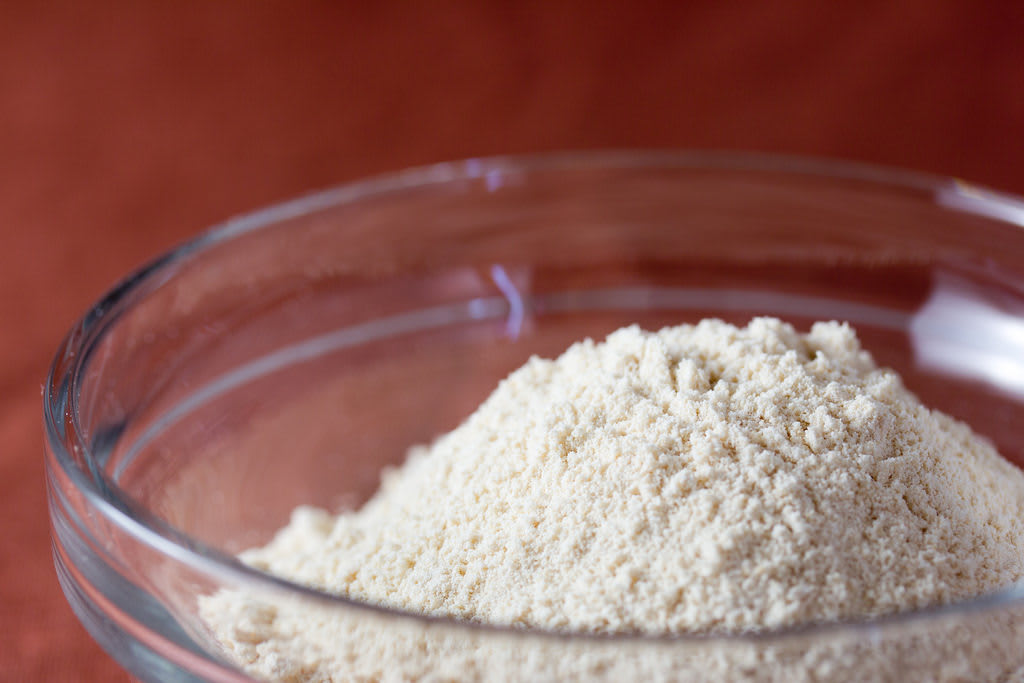
It is preferable to purchase almond meal with Pesach certification. If this is not possible, certain brands are approved when bearing a regular OU symbol. Please consult the OU Passover guide or check the OU Passover product search for a complete list.
Back to Top
Canola Oil
Canola oil, which is a form of rapeseed oil, should be considered kitniyot.
Back to Top
Coconut Oil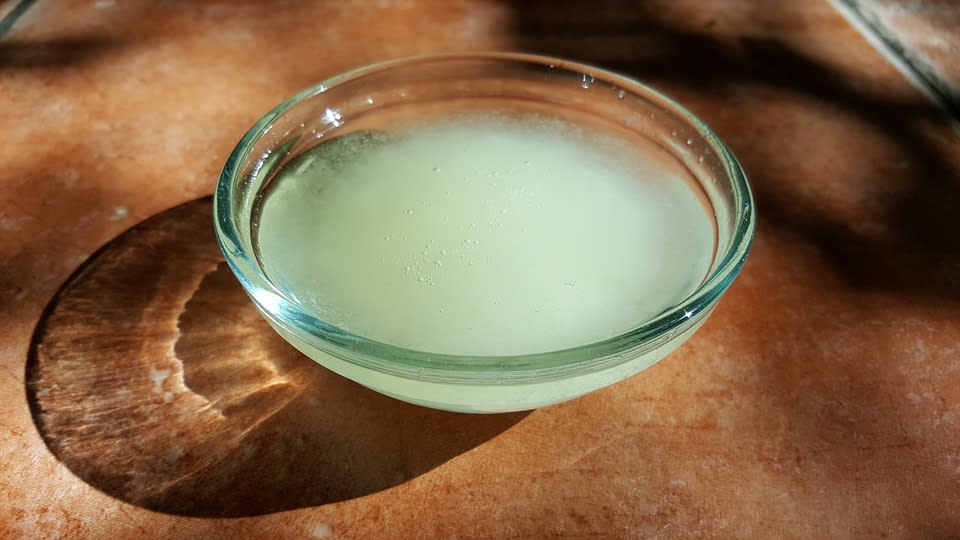
All virgin coconut oils are Kosher for Passover, as long as it bears the OU symbol.
Back to Top
Coffee and Tea
All unflavored ground coffees are acceptable for Passover use when bearing an OU.
Decaffeinated coffee: Coffee is often decaffeinated by means of ethyl acetate, which is derived from either kitniyot or chometz. Certain brands of decaffeinated coffee are approved when appearing a regular OU symbol. Please check the OU Passover product search or consult the OU Passover guide for a complete list.
Instant coffees often contain maltodextrin, which is derived from either corn (kitniyot) or wheat (chometz). Therefore, all instant coffees require special Passover certification. Please check the product search or consult the OU Passover guide for a complete list of instant coffees approved with a regular OU symbol.
Keurig Coffee Maker A number of Keurig / K cups are approved for Passover even though they are not labeled with a OU-P. A complete list is available on the oupassover.org search engine. The Keurig machine that is used all year around and one wants to use it on Passover needs to be kosherized . The steps to kosherize are noted https://oukosher.org/passover/how-to-kasher-your-kitchen-for-passover/
Unflavored tea bags (including black, white, and green) are acceptable for Pesach without special supervision. Decaffeinated and instant teas require special Passover certification unless listed as approved with a regular OU symbol. See product search or the Passover guide for a complete list.
Dried Fruits
Dried fruits are usually treated with oils derived from kitniyos and therefore require special Passover certification.
Back to Top
Eggs
It is preferable to purchase eggs before Pesach.
Egg whites and pasteurized eggs are available with an OU-P. Please refer to the product search or the OU Passover guide for a complete list.
Fish
The following OU certified frozen fish portions are acceptable for Passover. Please note these refer to raw frozen fish portions, not smoked, spiced or seasoned.
365 Everyday Value - Atlantic Salmon
Blue Circle - Atlantic SalmonCanadian Fishing Company - Sockeye Salmon Fillet
Blue Planet - Steelhead Trout - Dressed and Filets
Changing Seas - Atlantic Salmon Fillet
Costco - Tilapia
Full Circle - Wild Alaskan Sockeye Salmon Fillets • Keta Salmon Fillets
Gourmet Delight - Salmon Fillets
Ideal Fish - Bronzino - Dressed • Bronzino - Fillets • Trout - Dressed • Trout - Fillets • Barramundi - Dressed • Barramundi Fillets • Salmon Portions • Salmon Fillets • Whole Steelhead Trout
Kirkland Signature - Skinless Boneless Farmed Atlantic Salmon Portions • Skinless Boneless Wild Sockeye Salmon Portions • Tilapia Loins
Member's Mark - All-Natural Tilapia
New England Kosher - Pink Salmon Portion
Open Nature - Alaskan Sockeye Salmon Fillets
Orca Bay - Sockeye Salmon Fillets • Keta Salmon Fillets
Regal - Tilapia
Wegman's - Farm Raised Atlantic Salmon
Wegmans Food You Feel Good - Wild Sockeye Salmon Skin on Boneless
Wellsley Farm - Farm Raised Atlantic Salmon • Skinless Boneless Farmed Atlantic Salmon Portions • Wild Sockeye Salmon Back to Top
Fruits and Vegetables (froz.)
Frozen vegetables are washed in water that often contains anti-foaming agents, which are not appropriate for Passover use. Moreover, some companies also pack pasta products on shared packing machinery. Therefore, frozen vegetables require Passover certification.
However, these issues are not a concern at facilities that process frozen fruit, which does not require Passover certification. One must be careful that no additives e.g. corn syrup are used.
Frozen raspberries and blackberries are only accepted if pureed.
Gluten Free
There appears to be a misimpression among many that a product that features a gluten-free status can be understood to mean that the product is also chametz-free. This is an error. There are a number of examples in which a product can be gluten free and nevertheless chametz.
Products that contains oats, or oat fiber, can be declared to be gluten free and nevertheless be chametz.
Ethanol can be from wheat and is chametz, yet gluten-free.
Vinegar can be made from wheat and be chametz, yet gluten-free.
A biochemical process called fermentation can yield products that are gluten-free but nevertheless are chametz. Thickeners, acidifiers, flavors, and other specialty ingredients can benefit from this process. It is impossible to look at an ingredients label to determine whether any of the ingredients are the result of fermentation.
Soy milk can be produced on equipment that produced oat-milk.
There are plenty of other examples.
To recap: gluten-free does not equal chametz-free.
Back to Top
Honey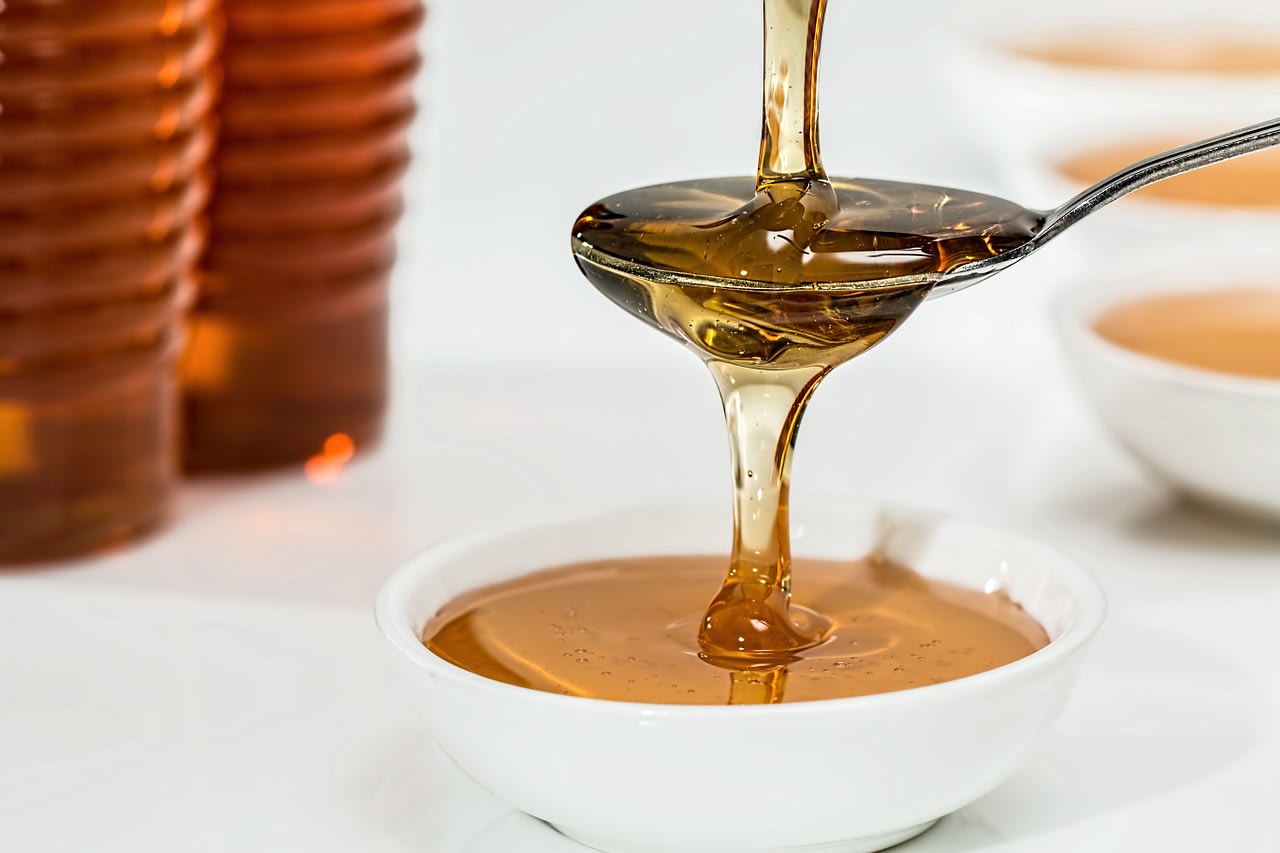
Honey requires special Passover certification, as our research shows that some companies adulterate it with corn syrup.
Back to Top
Kitniyot List
The following are considered Kitniyot:
- Beans
- Buckwheat
- Caraway
- Cardamom
- Corn
- Edamame
- Fennel Seeds
- Fenugreek
- Flaxseed (Linseed)
- Green Beans
- Hemp Seeds
- Lentils
- Millet
- Mustard
- Peas
- Poppy Seeds
- Rapeseed
- Rice
- Sesame Seeds
- Sorghum Seeds
- Soybeans
- Sunflower Seeds
- Teff
- Anise
- Carob
- Chia Seeds
- Coriander
- Cottonseed
- Cumin
- Guar Gum
- Locust Bean Gum
- Safflower
- Saffron
- Amaranth
- Peanuts
Kosher Salt
Iodized salt is often processed with corn (kitniyot) and requires Passover certification. Non-iodized salt does not require Passover certification, nor does sea salt.
Lemon Juice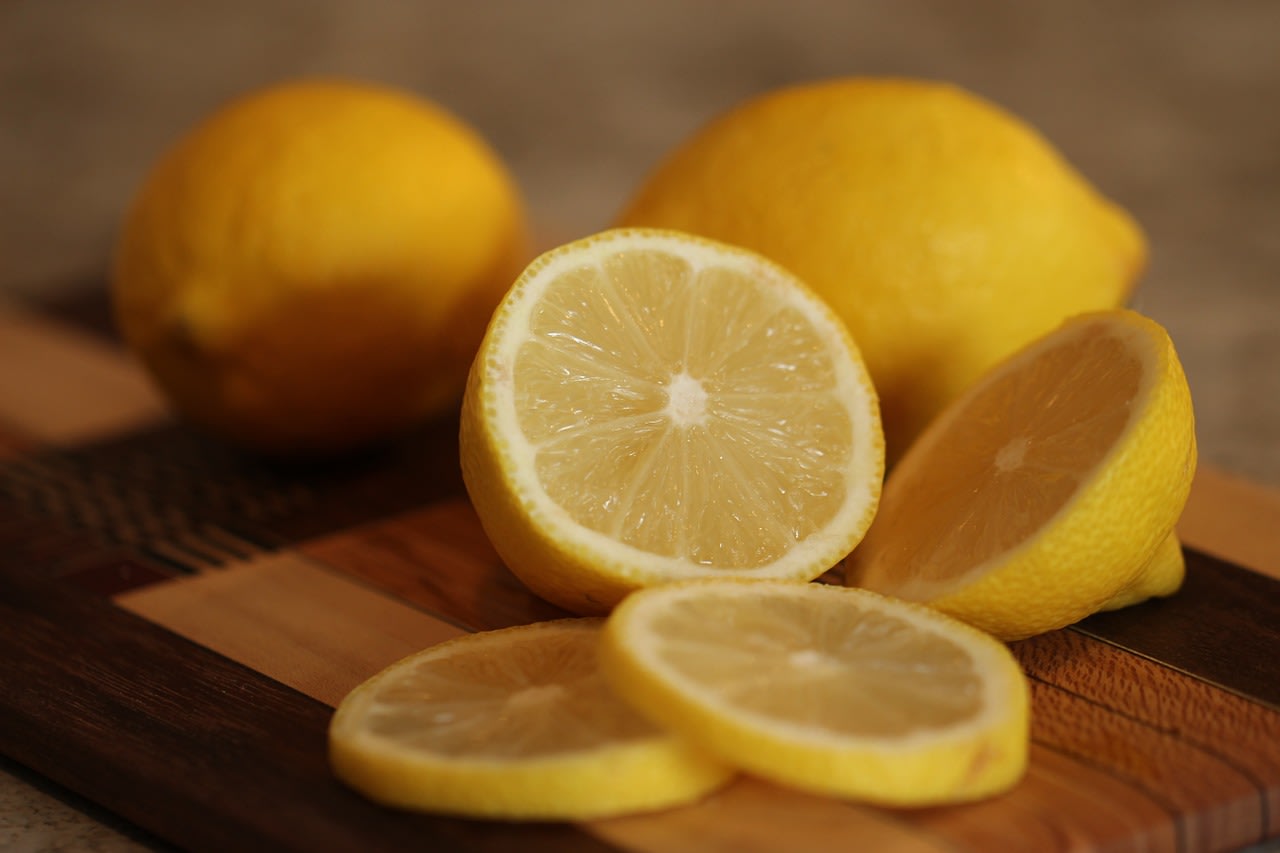
Lemon juice is frequently packed on the same equipment as products that contain chometz and kitniyos. Therefore, it is acceptable for Passover with a regular OU only when appearing in the product search or the OU Passover guide or when bearing an OU-P.
Back to Top
Meat and Poultry
OU certified factories pack unprocessed raw meat and poultry on equipment that is chometz-free throughout the year. In contrast, ground, cooked or broiled meat and poultry may be processed on equipment used for chametz products. In addition, local butchers and supermarkets may butcher with equipment used for chometz, and may repack on counters used for chametz. As such, the following guidelines should be followed:
- Raw meat and poultry sold in any venue, in original factory sealed packages, may be used for Passover when bearing an OU (even without an OU-P).
- Meat and poultry that is repacked in a local supermarket or butcher, should not be used for Passover, unless there is a special Passover program in place. For detailed information regarding any specific venue, please contact the local supervision.
- Ground, cooked, or broiled meat and poultry (including liver) may only be assumed to be kosher for Pesach when bearing an OU-P or another reliable supervision. Exceptions to this rule, can be found in the listing in the Pesach Guide.
Milk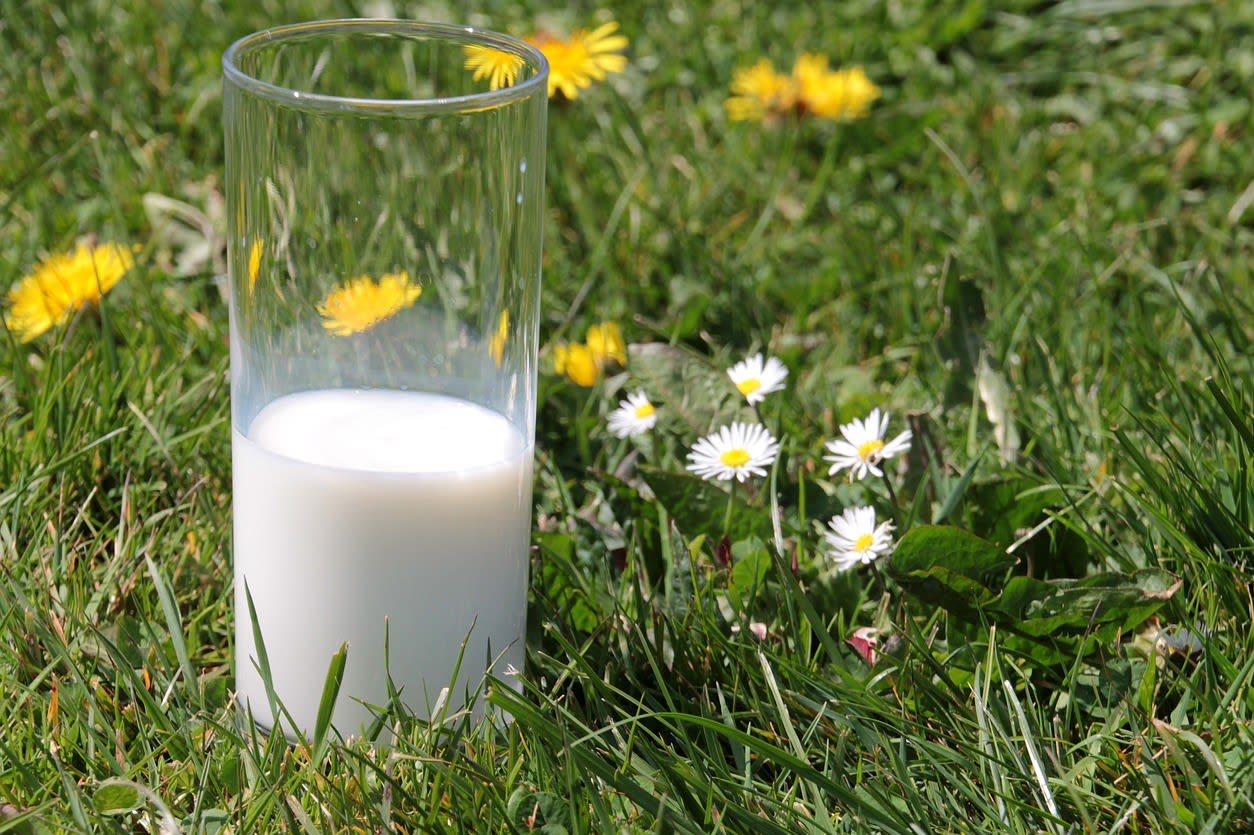
Milk contains added vitamins that contain a slight chametz risk. Therefore it is best to purchase milk made with special Passover supervision. See the OU Passover guide or check the OU Passover product search for a complete list. If one cannot obtain Passover certified milk, regular milk should be bought before Passover at which time chametz can be nullified (batel).
Back to TopMilk Alternatives
The following products contain kitniyos and are acceptable for the infirm who need milk alternatives.
- Blue Diamond Almond Breeze Original Unsweetened Almond Milk (shelf stable)
- Westsoy West Life Plain Soy Milk
- Califia Farms Go Coconuts Coconut Milk
Missing from the Directory
If you see an OU certified product that is missing from the Passover directory please check the OU Passover Product Search.
Back to Top
Nuts
Raw nuts in their shell do not require Passover certification.
Shelled raw nuts that list BHA, BHT, or any other additive on the ingredient label require special Passover certification. If no additives are listed, raw nuts may be acceptable when bearing an OU symbol. Pecans that are whole or half are acceptable with an OU certification, midgets and pecan pieces require Passover certification. (See Almond Meal)
Peanuts:
In Europe different communities had different customs about peanuts. Some considered them to be kitniyot; while others ate peanuts on Passover.
Many years ago the OU certified Kosher for Passover peanut oils for those Jews whose custom was to eat peanuts and peanut oil on Passover.
However, in recent years we have stopped certifying peanut oil as Kosher for Passover.
Furthermore, we cannot recommend that people whose custom is to use peanut oil on Passover use un-certified peanut oil, because of concerns about the peanut oil being processed on non-Passover equipment.
Olive Oil
All extra virgin olive oils are Kosher for Passover, as long as it bears the OU symbol.
All other oils (including olive oil) require a reliable Kosher for Passover certification to be consumed on Passover, except virgin coconut oil.
Orange Juice Conc.
Frozen Orange Juice Concentrate is approved for Passover when bearing a regular OU symbol. For specific brands and products please consult the Passover guide or check the OU Passover product search.
Back to Top
Pet Food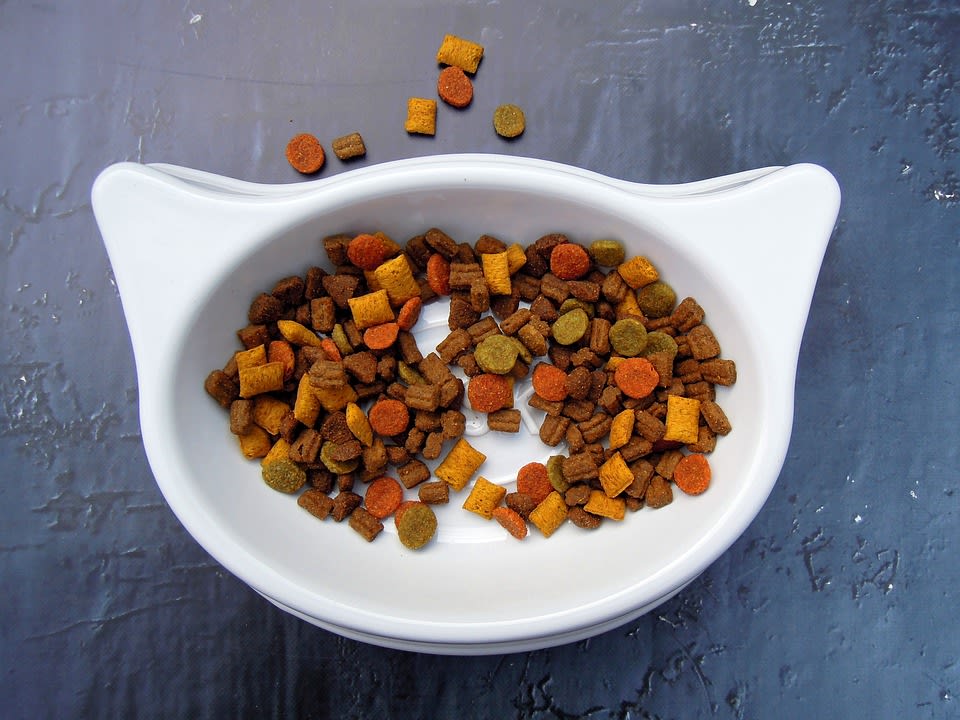
Since it is forbidden to own or benefit from chametz during Passover, food that contains chametz may not be fed to pets. However, it is permitted to give pets food that contains kitniyot.
If one is unable to procure pet food that does not contain chametz, some rabbinical authorities allow for a sale, which would transfer to a gentile the ownership and responsibility of caring for the pet. Ask your Rabbi for guidance.
Quinoa
Quinoa, the grain-like seed grown in South America, is Kosher for Passover when processed with special OU Passover supervision and bearing the OU-P symbol. Rabbi Genack, CEO of OU Kosher, has released the following statement:
“It is only recently that quinoa has become popular outside of its high-altitude growing area in the Andean mountain region of South America. Known for its nutritional qualities, it has been referred to as a “superfood.” In recognition of its unique properties and growing popularity with consumers, 2013 has been proclaimed by the UN “The International Year of Quinoa.”
Due to conflicting reports regarding growing conditions and final usage of this new world, gluten-free pseudo-cereal plant, OU Kosher was hesitant to conclusively declare it Kosher for Passover and non-kitniyot.
(Kitniyot is a category of foods that were forbidden by Ashkenazic custom during Passover because 1) they bear similarities to and might become confused with forbidden grains and 2) can become intermingled with those grains. Included in this group are: beans (all), buckwheat/kasha, caraway, cardamom, chickpeas, corn, fennel, fenugreek, grains-of-paradise, lentils, millet, mustard, peas, poppy seeds, rapeseed/canola, rice, sesame seeds, snow peas, sorghum, sugar-snap peas, soybeans, sunflower seeds and -- according to some -- include even cottonseed.)
Following extensive research and on-site investigation of cross-contamination issues by OU Kosher personnel at all quinoa growing areas including: Puno, Cuzco, Arequipa, Ayacucho, Junin and Chiclayo in Peru; and Alto la Paz and Chayapata in Bolivia; as well as the collection, washing and milling stations of quinoa, OU Kosher is pleased to announce that, for the first time, it is recommending quinoa for Passover, when processed with special OU Passover supervision and bearing the OU-P symbol. See the Passover product search for Passover approved brands.
In addition to quinoa, OU Kosher has concluded that related canihua, kiwicha and maca seeds processed under supervised conditions may also be approved for Passover (OU-P).”
Seltzer and Water
All unflavored bottled water, seltzer and sparkling water without any additives is Kosher for Passover, even without any Kosher supervision.
Back to Top
Spices
Ground spices require Passover certification. They can be processed on equipment that contains chametz and can also be adulterated with kitniyot or chametz.
Back to Top
Sugar
White Granulated Sugar and Brown Sugar: Due to the increasingly common use of Passover questionable processing aids used in the manufacture of sugar, OU Kosher has decided to limit the brands recommended for Pesach use, to those with the OUP symbol.
Rest assured, if any OU certified granulated sugar was used in a Pesach product, (post-facto) those foods may still be considered kosher for Passover.
Please consult the OU Passover guide or check the OU Passover product search for a complete list. Back to Top
Sugar Substitutes
The following sugar substitutes are available with an OU-P or OU Kosher for Passover:
- Gefen Nutrataste Gold Sweetener (sucralose)
- Gefen Sweet'N Low
Please see the the OU Passover guide or check the OU Passover product search for a Passover approved honey, cane sugar, evaporated cane juice and more. Back to Top
Who Can Eat Egg Matzah?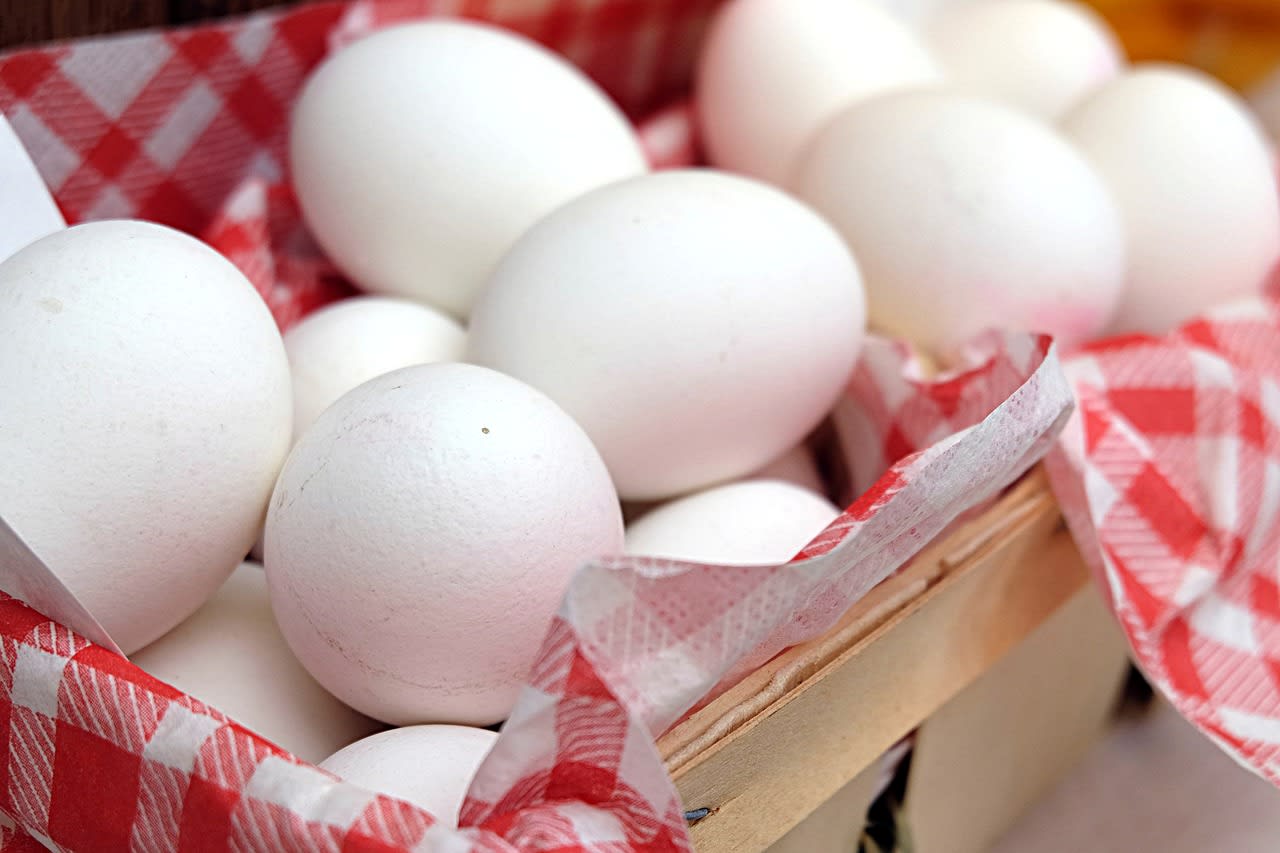
Egg & Grape Matzot: According to the Shulchan Aruch, dough made from flour mixed with fruit juices or eggs will not become chametz no matter how long it stands, provided no water is added. Despite this ruling, according to Ashkenazic practice, matzah made with fruit juice or eggs is permissible on Passover only for the elderly, the sick or young children who cannot digest regular matzah. (Egg Matzah, Chocolate Covered Egg Matzah and White Grape Matzot fall into this category.) Furthermore, all the precautions associated with ordinary Passover matzot apply to egg matzot. The egg matzah must be baked thin, in specially heated ovens for less than eighteen minutes and must be carefully guarded from becoming chametz during production. (Sephardic custom commonly permits different varieties of flour-juice mixtures even when not produced as matzah. Sephardim should consult their Rabbi.) As with the permitted use of kitniyot, when serving an individual who needs to consume egg matzot, care should be taken to use separate or disposable utensils.
Although the allowance to eat egg matzah over Passover applies in the above-mentioned cases, one cannot fulfill the mitzvah of eating matzah on Seder night with egg matzah. The Torah refers to matzah as “lechem oni” poor man’s bread, because it is made solely from flour and water, the simplest of ingredients. Egg matzah is called “matzah ashirah,” rich man’s bread, for it contains more complex ingredients and is unacceptable for the mitzvah of matzah. Therefore, even the elderly or infirm should (if they are able) eat a kezayit of shmurah matzah on the night of the Seder.
Passover is about the transmission of our rich heritage to the ‘next generation’. Maintaining and teaching family minhagim is a vital part of that legacy—linking us to the generation of the Exodus. May this Passover lead us to our nation’s long-awaited, final redemption. Le-shanah haba’ah bi-Yerushalayim.
Wine
Please note that not all OU wines are certified for Passover use.
Some wines, are flavored and colored and may contain Kitniyot, and therefore are not marked for Passover use. The vast majority of OU certified wines are OU-P.
Please be sure to check your wine products before purchasing.

